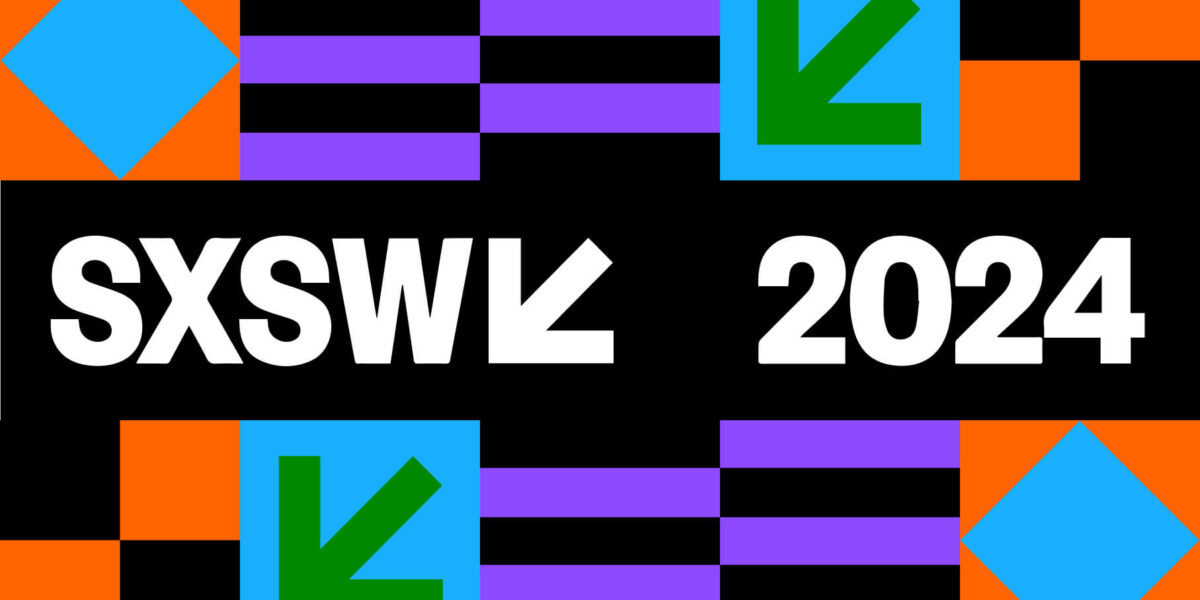AI influences everything from how we manage our homes to how we conduct business. It’s no longer just a buzzword or something in the not-too-distant future, a dream of tech enthusiasts. Today, it’s at the heart of a major shift–a step change much like the internet once was, or cyborg-enabling smartphones, redefining our world in ways we’re just beginning to understand.
Take this year’s South by Southwest (SXSW) conference. AI was the star of the show, stealing the spotlight in discussions ranging from groundbreaking tools like Claude 4 and OpenAI’s Sora to debates on how it’s reshaping the creative industries. It’s rethinking how we do pretty much everything. Some of the quotes that seemed to echo in the halls during the week:
- “Due to AI, humanity is on the eve of the largest tech supercycle ever.” Amy Webb, Future Today Institute
- “I actually think that AI fundamentally makes us more human.” – Peter Deng, OpenAI’s ChatGPT
- “I think we’re at one of those moments with AI, where the opportunities that AI is opening up will give so many more people access to create moments entirely different.” – Cameron Adams, Canva
- “You know your business is going to be disrupted…so you need to stop resisting it and start learning.” – Sandy Carter, Unstoppable Domains
- “Be one of those people who leverages AI, don’t be run over by it.” Rony Abovitz, Magic Leap
But as much geeking out is being done over the innovation and the possibility in the space, there seems to be an increased urgency to answer questions being raised as the “bones” of these integrated AI systems are being developed. Midweek at SXSW, when the tech talks made way for film and music showcases, the mood shifted. Folks in the entertainment biz weren’t just cheering; some were vocally worried about what AI means for their jobs and the future of creativity. It’s a reminder that with all great tech shifts, there are big questions we need to tackle about who benefits and who might be left behind.
And it’s not just about quantity of data feeding out AI systems; it’s about quality and fairness. At SXSW, panelist Jason Edward Lewis is engaging indigenous communities in order to ensure their language and perspectives are being contributed to AI development. He discussed how crucial it is to make sure the data reflects a wide range of human experiences, especially from communities that haven’t always been heard. We’re talking about making AI that’s not just smart but also fair and inclusive.
Futurist Amy Web told Fast Company that she believes we’re at a point where it’s not just about having more data for AI systems, but about having diverse types of data. “For instance, we need to train AI in things like how people move around and how they might describe a particular smell. While we’ve captured a lot of the digital world in training these models, we haven’t captured much of the physical world, which is where something like Apple’s Vision Pro could come into play.”
We’re all in this AI journey together. Our challenge? To navigate this new terrain thoughtfully. It’ll be about finding a balance—making sure we’re being inclusive and true to our values while embracing innovation and grappling with the challenges it brings. And the challenge of building a foundation that will continue to benefit all of us is essential.
So, what’s the takeaway for us, whether we’re in Silicon Valley or analyzing market trends for a big corporation? AI’s big leap isn’t just a tech story; it’s about all of us. It’s an opportunity to create something amazing, sure, but also a responsibility to think about the bigger picture. How do we make AI work not just for us, but for everyone? How do we ensure AI is largely a force for good, adding to our humanity rather than taking away from it?


